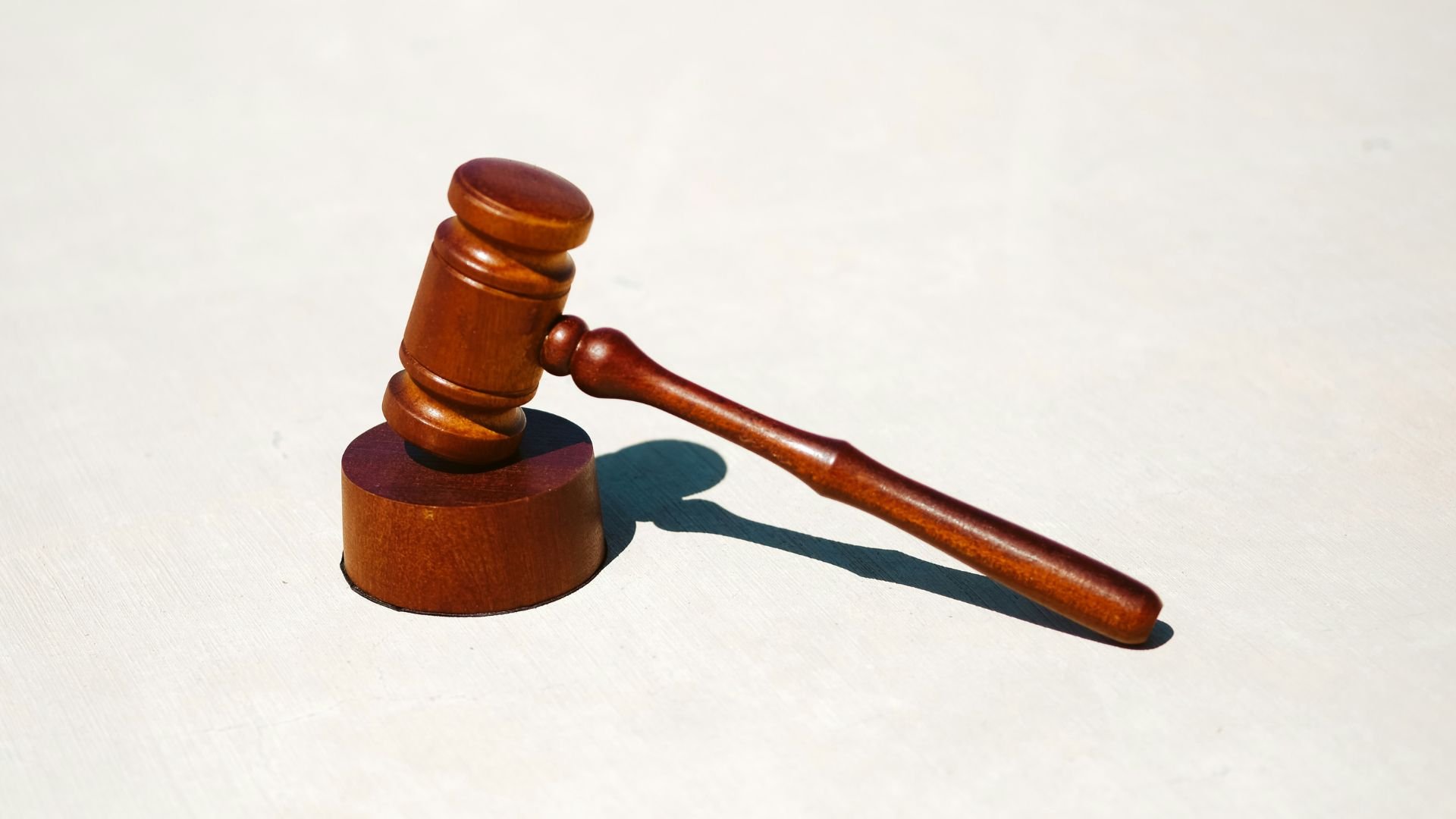Joseph Ruddy, a highly respected federal narcotics prosecutor, found himself on the wrong side of the law during a hit-and-run incident on July 4, 2022.
Known for his work in Operation Panama Express, Ruddy was accused of striking another vehicle and fleeing the scene, setting off a series of events that would draw national attention.
The Incident Unfolds

On that night, Ruddy, visibly intoxicated, allegedly sideswiped an SUV waiting at a red light in Tampa, Florida. Instead of stopping, he drove away, prompting witnesses to call the police.
By the time officers arrived at Ruddy’s home, he was reportedly disoriented and leaning on his truck for support, struggling to stay upright.
Body Camera Footage Tells All

Body-worn camera footage from Tampa police captured Ruddy’s interaction with officers. Staggering and slurring his words, Ruddy handed over his Justice Department business card unsolicited, attempting to leverage his position as an Assistant U.S. Attorney to influence the situation.
“You realize when they pull my body-worn camera footage and they see this, this is going to go really bad,” a Tampa officer warned.
The Breathalyzer Results

Ruddy’s blood alcohol content (BAC) tested at 0.17%, more than twice Florida’s legal limit of 0.08%. Officers noted that he smelled strongly of alcohol, had urinated on himself, and could not walk without assistance.
Despite these clear signs of impairment, Ruddy insisted he “didn’t realize it was that serious.”
A Serious Allegation

Handing over his business card to officers wasn’t just a lapse in judgment; it was a clear violation of ethical guidelines.
The Justice Department’s Office of Inspector General found that Ruddy “engaged in misuse of position” by providing his work credentials during the DUI stop.
A History of High-Profile Cases

Ruddy was no ordinary prosecutor, either. He was instrumental in Operation Panama Express, a task force targeting cocaine smuggling at sea.
His work contributed to over 90% of U.S. Coast Guard drug interdictions at sea, making his fall from grace all the more shocking to his peers and the public.
A Plea Deal

Despite clear evidence of wrongdoing, Ruddy was not charged with hit-and-run. Instead, charges of DUI with property damage were downgraded to reckless driving, a second-degree misdemeanor.
In December 2022, he accepted a plea deal that included 12 months of probation, community service, and an ignition interlock device on his vehicle.
Controversy Surrounding the Plea Deal

Critics argue that Ruddy’s position may have influenced the outcome of his case. “Would you have done the same for the average citizen?” asked Jeffrey Swartz, a law professor at Cooley Law School.
The decision to reduce charges sparked debates about fairness and impartiality in the justice system.
Defense of the Plea Decision

Others in the legal community defended the plea deal, noting that plea bargains are common for first-time offenders.
Bryant Camareno, an attorney not involved in the case, suggested there could have been mitigating factors. “There’s a lot of reckless driving charges, especially for first-time offenders,” he explained.
Professional Repercussions for Ruddy

Following the incident, Ruddy was removed from several cases and stripped of his supervisory role. The Justice Department stated that it holds its personnel to “the highest standards of personal and professional conduct” and takes misconduct allegations seriously.
However, Ruddy continues to serve as an Assistant U.S. Attorney, raising major questions about accountability.
Lessons from the Incident

The Ruddy case serves as a reminder of the importance of ethical conduct, especially for those in positions of power.
While Ruddy has accepted responsibility for his actions and is fulfilling the terms of his probation, the incident casts a shadow on his otherwise distinguished career and raises concerns about the ethical standards within the entire Justice Department.
A Path to Redemption?

Ruddy’s attorney stated that he has “learned from this unfortunate episode” and hopes to continue his public service.
As the legal community watches closely, Ruddy’s case could become a pivotal moment in discussions about ethics, accountability, and the potential for personal redemption within the realm of law.








































